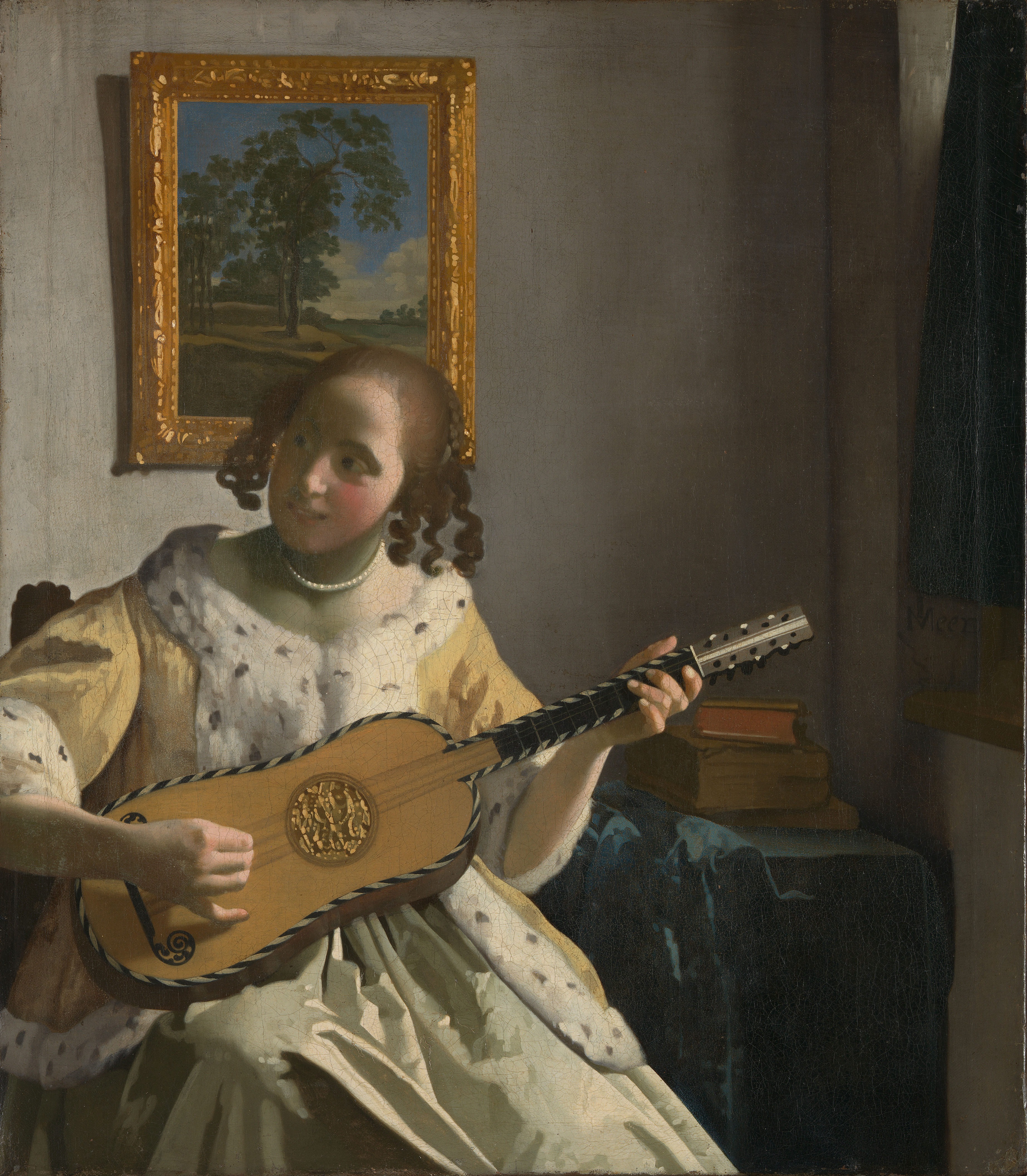|
Matteo Sellas
Matteo Sellas (sometimes also written Mateo Sellas or in original German Matthäus Seelos) was a German luthier born in 1580 in Füssen who worked in Venice Venice ( ; it, Venezia ; vec, Venesia or ) is a city in northeastern Italy and the capital of the Veneto region. It is built on a group of 118 small islands that are separated by canals and linked by over 400 bridges. The isla ... from 1620–1650 and is best known for building lutes, archlutes and baroque guitars. References {{DEFAULTSORT:Sellas, Matteo German luthiers 1580 births People from Füssen 1661 deaths Italian luthiers Businesspeople from Venice Emigrants from the Holy Roman Empire to the Republic of Venice ... [...More Info...] [...Related Items...] OR: [Wikipedia] [Google] [Baidu] |
Baroque Guitar (ca
The Baroque guitar (–1750) is a string instrument with five courses of gut strings and moveable gut frets. The first (highest pitched) course sometimes used only a single string. History The Baroque guitar replaced the Renaissance lute as the most common instrument found when one was at home. The earliest attestation of a five-stringed guitar comes from the mid-sixteenth-century Spanish book ''Declaracion de Instrumentos Musicales'' by Juan Bermudo, published in 1555. The first treatise published for the Baroque guitar was ''Guitarra Española de cinco ordenes'' (The Five-course Spanish Guitar), , by Juan Carlos Amat. The baroque guitar in contemporary ensembles took on the role of a basso continuo instrument and players would be expected to improvise a chordal accompaniment. Several scholars have assumed that the guitar was used together with another basso continuo instrument playing the bass line. However, there are good reasons to suppose that the guitar was used as an in ... [...More Info...] [...Related Items...] OR: [Wikipedia] [Google] [Baidu] |
Luthier
A luthier ( ; AmE also ) is a craftsperson who builds or repairs string instruments that have a neck and a sound box. The word "luthier" is originally French and comes from the French word for lute. The term was originally used for makers of lutes, but it came to be used already in French for makers of most bowed and plucked stringed instruments such as members of the violin family (including violas, cellos, and double basses) and guitars. Luthiers, however, do not make harps or pianos; these require different skills and construction methods because their strings are secured to a frame. The craft of luthiers, lutherie (rarely called "luthiery", but this often refers to stringed instruments other than those in the violin family), is commonly divided into the two main categories of makers of stringed instruments that are plucked or strummed and makers of stringed instruments that are bowed. Since bowed instruments require a bow, the second category includes a subtype known ... [...More Info...] [...Related Items...] OR: [Wikipedia] [Google] [Baidu] |
Füssen
Füssen is a town in Bavaria, Germany, in the district of Ostallgäu, situated one kilometre from the Austrian border. The town is known for violin manufacturing and as the closest transportation hub for the Neuschwanstein and Hohenschwangau castles. As of , the town has a population of . History Füssen was settled in Roman times, on the Via Claudia Augusta, a road that leads southwards to northern Italy and northwards to Augusta Vindelicum (today's Augsburg), the former regional capital of the Roman province Raetia. The original name of Füssen was "Foetes", or "Foetibus" (inflected), which derives from Latin "Fauces", meaning "gorge", probably referring to the Lech gorge. In Late Antiquity Füssen was the home of a part of the Legio III Italica, which was stationed there to guard the important trade route over the Alps. Füssen later became the site of the "Hohes Schloss" (High Castle), the former summer residence of the prince-bishops of Augsburg. Below the Hohes Sc ... [...More Info...] [...Related Items...] OR: [Wikipedia] [Google] [Baidu] |
Venice
Venice ( ; it, Venezia ; vec, Venesia or ) is a city in northeastern Italy and the capital of the Veneto region. It is built on a group of 118 small islands that are separated by canals and linked by over 400 bridges. The islands are in the shallow Venetian Lagoon, an enclosed bay lying between the mouths of the Po and the Piave rivers (more exactly between the Brenta and the Sile). In 2020, around 258,685 people resided in greater Venice or the ''Comune di Venezia'', of whom around 55,000 live in the historical island city of Venice (''centro storico'') and the rest on the mainland (''terraferma''). Together with the cities of Padua and Treviso, Venice is included in the Padua-Treviso-Venice Metropolitan Area (PATREVE), which is considered a statistical metropolitan area, with a total population of 2.6 million. The name is derived from the ancient Veneti people who inhabited the region by the 10th century BC. The city was historica ... [...More Info...] [...Related Items...] OR: [Wikipedia] [Google] [Baidu] |
German Luthiers
German(s) may refer to: * Germany (of or related to) **Germania (historical use) * Germans, citizens of Germany, people of German ancestry, or native speakers of the German language ** For citizens of Germany, see also German nationality law **Germanic peoples (Roman times) * German language **any of the Germanic languages * German cuisine, traditional foods of Germany People * German (given name) * German (surname) * Germán, a Spanish name Places * German (parish), Isle of Man * German, Albania, or Gërmej * German, Bulgaria * German, Iran * German, North Macedonia * German, New York, U.S. * Agios Germanos, Greece Other uses * German (mythology), a South Slavic mythological being * Germans (band), a Canadian rock band * "German" (song), a 2019 song by No Money Enterprise * ''The German'', a 2008 short film * "The Germans", an episode of ''Fawlty Towers'' * ''The German'', a nickname for Congolese rebel André Kisase Ngandu See also * Germanic (other) ... [...More Info...] [...Related Items...] OR: [Wikipedia] [Google] [Baidu] |
1580 Births
Year 158 ( CLVIII) was a common year starting on Saturday (link will display the full calendar) of the Julian calendar. At the time, it was known as the Year of the Consulship of Tertullus and Sacerdos (or, less frequently, year 911 ''Ab urbe condita''). The denomination 158 for this year has been used since the early medieval period, when the Anno Domini calendar era became the prevalent method in Europe for naming years. Events By place Roman Empire * The earliest dated use of Sol Invictus, in a dedication from Rome. * A revolt against Roman rule in Dacia is crushed. China * Change of era name from ''Yongshou'' to ''Yangxi'' of the Chinese Han Dynasty. Births *Gaius Caesonius Macer Rufinianus, Roman politician (d. 237 Year 237 ( CCXXXVII) was a common year starting on Sunday (link will display the full calendar) of the Julian calendar. At the time, it was known as the Year of the Consulship of Perpetuus and Felix (or, less frequently, year 990 ''Ab urbe ... [...More Info...] [...Related Items...] OR: [Wikipedia] [Google] [Baidu] |
People From Füssen
A person ( : people) is a being that has certain capacities or attributes such as reason, morality, consciousness or self-consciousness, and being a part of a culturally established form of social relations such as kinship, ownership of property, or legal responsibility. The defining features of personhood and, consequently, what makes a person count as a person, differ widely among cultures and contexts. In addition to the question of personhood, of what makes a being count as a person to begin with, there are further questions about personal identity and self: both about what makes any particular person that particular person instead of another, and about what makes a person at one time the same person as they were or will be at another time despite any intervening changes. The plural form "people" is often used to refer to an entire nation or ethnic group (as in "a people"), and this was the original meaning of the word; it subsequently acquired its use as a plural form of p ... [...More Info...] [...Related Items...] OR: [Wikipedia] [Google] [Baidu] |
1661 Deaths
Events January–March * January 6 – The Fifth Monarchists, led by Thomas Venner, unsuccessfully attempt to seize control of London; George Monck's regiment defeats them. * January 29 – The Rokeby baronets, a British nobility title is created. * January 30 – The body of Oliver Cromwell is exhumed and subjected to a posthumous execution in London, along with those of John Bradshaw and Henry Ireton. * February 5 – The Shunzhi Emperor of the Chinese Qing Dynasty dies, and is succeeded by his 7-year-old son the Kangxi Emperor. * February 7 – Shah Shuja, who was deprived of his claim to the throne of the Mughal Empire by his younger brother Aurangzeb, then fled to Burma, is killed by Indian troops in an attack on his residence at Arakan. * February 14 – George Monck’s regiment becomes ''The Lord General's Regiment of Foot Guards'' in England (which later becomes the Coldstream Guards). * March 9 – Following the death of his me ... [...More Info...] [...Related Items...] OR: [Wikipedia] [Google] [Baidu] |
Italian Luthiers
Italian(s) may refer to: * Anything of, from, or related to the people of Italy over the centuries ** Italians, an ethnic group or simply a citizen of the Italian Republic or Italian Kingdom ** Italian language, a Romance language *** Regional Italian, regional variants of the Italian language ** Languages of Italy, languages and dialects spoken in Italy ** Italian culture, cultural features of Italy ** Italian cuisine, traditional foods ** Folklore of Italy, the folklore and urban legends of Italy ** Mythology of Italy, traditional religion and beliefs Other uses * Italian dressing, a vinaigrette-type salad dressing or marinade * Italian or Italian-A, alternative names for the Ping-Pong virus, an extinct computer virus See also * * * Italia (other) * Italic (other) * Italo (other) * The Italian (other) * Italian people (other) Italian people may refer to: * in terms of ethnicity: all ethnic Italians, in and outside of Italy * in ... [...More Info...] [...Related Items...] OR: [Wikipedia] [Google] [Baidu] |
Businesspeople From Venice
A businessperson, businessman, or businesswoman is an individual who has founded, owns, or holds shares in (including as an angel investor) a private-sector company. A businessperson undertakes activities (commercial or industrial) for the purpose of generating cash flow, sales, and revenue by using a combination of human, financial, intellectual, and physical capital with a view to fueling economic development and growth. History Prehistoric period: Traders Since a "businessman" can mean anyone in industry or commerce, businesspeople have existed as long as industry and commerce have existed. "Commerce" can simply mean "trade", and trade has existed through all of recorded history. The first businesspeople in human history were traders or merchants. Medieval period: Rise of the merchant class Merchants emerged as a "class" in medieval Italy (compare, for example, the Vaishya, the traditional merchant caste in Indian society). Between 1300 and 1500, modern accounti ... [...More Info...] [...Related Items...] OR: [Wikipedia] [Google] [Baidu] |



.jpg)
_1938.jpg)
